Medical debt is one of those financial problems that arrives at the worst possible time. You are already dealing with an illness, an accident, or a medical emergency, and just when you are trying to recover, an envelope arrives with a number that takes your breath away. For many people, the fear is not just about how to pay that bill. It is about what might happen to their credit score, and whether that one episode could quietly make it harder to rent a home, qualify for a car loan, or get a decent interest rate in the future.
The first important truth is that the relationship between medical debt and your credit score is more complex than it first appears. A hospital bill does not behave like a credit card balance or a personal loan, even though they may all end up in the same place if they go unpaid. The second truth is less comforting. Even with reforms in some countries that soften the impact of medical debt on credit reports, you still need to be proactive. The way you respond to that bill - the phone calls you make, the questions you ask, the payments you prioritise - can shape how your credit profile looks for years.
To understand why, it helps to step back and look at how credit scores work in the first place. A credit score is built from information in your credit reports, which are files maintained by credit bureaus or credit reference agencies. These reports record how you have handled credit accounts in the past: credit cards, personal loans, mortgages, sometimes telecom or utility contracts, and any accounts that have been sent to collections. Different scoring models have their own formulas, but almost all of them care deeply about your payment history and the amount of debt you carry relative to your limits. On-time payments are a strong positive signal. Late payments, defaults, and collection accounts are strong negative signals. They tell a potential lender that someone else extended you credit and did not get repaid as agreed.
Medical bills sit awkwardly in this system. When you visit a doctor or go to a hospital, you do not usually think of that visit as taking out a loan. You receive treatment first, and the bill appears later. That is very different from applying for a credit card or signing a loan agreement. Because of this, medical debt is often treated differently from other types of unpaid bills, both by regulators and by the credit bureaus. It is not automatically reported in the same way, and in some countries there are now stricter rules about when medical debt can appear on a credit report at all.
In many systems, a hospital or clinic does not simply send your unpaid bill directly to a credit bureau. There is usually a process with several steps and a built in delay. First, the provider bills you and, where applicable, your insurance company. There may be back and forth communication about what is covered, what is excluded, and what you still owe. You might receive reminders or revised invoices. Only if the bill remains unpaid for a sustained period will the provider pass it to a collection agency or a similar firm, and it is usually that agency that reports the debt as a collection account on your credit file.
Recent years have brought significant changes in some countries, especially in the United States. The major credit bureaus there have agreed that paid medical collections will no longer appear on credit reports. They have also extended the waiting period, which means an unpaid medical bill has to be outstanding for a longer time before it can be reported as a collection. Smaller medical collections under a certain threshold are being removed altogether. These changes came after regulators and researchers showed that medical collections are often inaccurate, heavily affected by insurance disputes, and not a good predictor of whether someone will default on other debts. As a result, newer scoring models and many lenders now either ignore small medical collections or treat them more gently than other types of collections.
In other parts of the world, the mechanics look different. In places with strong public healthcare systems, such as the United Kingdom, large medical bills for ordinary citizens are less common, but private treatments or dental bills can still appear in your financial life. In some Asian markets, unpaid hospital bills might be pursued by the provider, by the government, or by insurers, and they only enter the credit system if they are turned into a bank loan or moved onto a credit card. Even with these differences, a common pattern appears. A medical bill by itself does not damage your credit score. The risk begins when it turns into a long term unpaid obligation, particularly when it becomes a collection account or a series of missed payments that are visible to lenders.
Once a medical debt is reported as a collection account, it can weigh on your score, although the strength of that impact is changing. Historically, a new collection entry on a clean report could drag a good score down sharply, especially if the person did not have many other accounts. Over time, research showed that small medical collections did not add much useful information to a lender’s assessment of risk. This led to reforms that removed many of these smaller entries altogether. Even so, larger unpaid medical collections can still remain on a credit file for several years. They may matter to a mortgage lender, a personal loan provider, or a landlord who performs a credit check, depending on local practices and how quickly regulators and courts adjust to new policies.
There is another path that medical debt can follow, and this one is easier to overlook. Many people reach for a credit card when they are faced with a large medical bill. Some use specialised medical credit cards or personal loans promoted at the clinic or hospital reception. Once you put the bill on a card or convert it into a loan, the debt is no longer treated as medical in the eyes of the credit system. It becomes ordinary revolving or instalment debt. The protections that now exist for some categories of medical collections do not apply to a card balance or personal loan. If you miss a payment on that card, it will be reported as a late payment like any other, and if you default, that default will weigh heavily on your score.
This is why the decision to charge a medical bill to a credit card deserves careful thought. On the surface, it feels like a neat solution, especially if the hospital is pressuring you at the counter or if the minimum payment looks small compared with the full bill. Beneath the surface, you are taking on high interest debt and exposing your credit profile to a stronger type of negative mark if you later struggle to pay. In many cases, a direct payment plan with the provider that carries no interest and is not reported to the credit bureaus can be safer for your credit score, even if it feels less convenient at the start.
The impact of medical debt on your credit profile also changes over time. In the short term, a new bill that has not yet gone to collections and has not been moved onto a credit card does not appear on your report. The danger in this period lies more in your cash flow. If you divert too much of your monthly income to that bill and start missing payments on your existing loans or cards, those missed payments will leave visible marks that have nothing to do with the medical label but everything to do with your credit history.
Over the medium term, if you ignore the bill or fail to respond to the hospital’s attempts to contact you, the provider may pass the account to a collection agency. In some systems there is now a mandatory waiting period of several months or even a year before a medical collection can be reported, and that window is designed to give you time to resolve disputes and negotiate. If you use that time well, by checking for errors, communicating openly, and arranging a payment plan, you can often prevent the debt from ever appearing as a collection.
In the long term, once a legitimate medical collection is on your credit file, it may stay for a number of years, depending on local rules. Its impact on your score usually fades as it gets older and as you build a stronger positive history with other accounts, but it can still appear when a lender or landlord pulls your report. Sometimes, particularly for large loans like mortgages, a human underwriter will review the report and look beyond the single number. In that context, a paid or settled medical collection is usually easier to explain than an unpaid one. It does not disappear from the story, but it becomes a mark of a problem that was resolved rather than a problem that is still ongoing.
All of this matters because a lower credit score affects the real decisions that shape your life. It can increase the interest rate you pay on a home loan, which then raises your monthly instalments. It can mean you are offered smaller credit limits, which makes your utilisation ratio higher and your score more fragile. In markets where landlords run credit checks, it can influence which apartments you are able to rent, and in some cases it can even affect insurance pricing. This is one reason regulators in several countries have questioned whether medical collections should be used in credit reports at all. Unlike a shopping spree on a card, a medical emergency is rarely voluntary. Insurance errors, administrative delays, and billing disputes all play a role. Reform is moving, but it is not complete or uniform, and you cannot rely solely on the system to protect you.
The practical steps you can take start much closer to home. When you receive a medical bill, treat it as a priority document, not as something to avoid. Begin by checking that the bill is accurate. Errors are common, especially where multiple providers are involved or where insurance coverage is complex. Look at the dates of service, the procedures listed, and the amounts your insurer says it has paid or rejected. If something does not make sense, request an itemised bill and contact both the provider and your insurer for clarification. An incorrect bill that quietly slips into collections is one of the most frustrating ways to see your credit damaged.
Once you have confirmed that the bill is accurate, or at least understand which parts are still in dispute, communicate early about any payment difficulty. Call the hospital or clinic billing department and explain your situation. Many providers, especially in expensive systems, have financial assistance programmes, charity care options, or internal instalment plans that are not well advertised but are available if you ask. The same can be true of private hospitals in other countries. An agreed plan, written down, spreads the burden and reduces the risk that your account will be sent to collections simply because no one heard from you.
At the same time, protect your existing credit accounts. It can be emotionally tempting to divert every spare cent toward the medical bill because it feels urgent and morally important. In credit scoring terms, however, missing payments on a long standing card or loan usually does more damage than negotiating over a medical balance that has not yet been reported. Your goal is to avoid adding late payments or defaults to your record while you work through the medical bill on a separate track.
If you have discovered that your bill has already gone to a collection agency, you still have options. Start by asking the agency to verify the debt in writing. Make sure the amount is correct and that the debt is genuinely yours. If it is not, you may have the right to dispute it with both the agency and the credit bureaus. If the debt is valid, ask what arrangements they are prepared to accept. In some jurisdictions and with some agencies, you can negotiate a settlement amount or a structured plan. In environments where recent changes mean that paid medical collections are removed or given less weight, it is worth asking how the account will be reported once you pay. Always keep a written record of any promises made.
Monitoring your credit reports regularly is another layer of protection, especially after a major health event. If you see a small or paid medical collection that should have been removed under new policies in your country, you can file a dispute with the bureau and the reporting entity. You do not need to become a legal expert, but you do need to be willing to question entries that look inconsistent with the rules that apply.
All these actions connect back to a larger theme in your financial life. Medical debt highlights the value of having some form of safety net. An emergency fund, even a small one, gives you options. Adequate health insurance, where it is available and affordable, reduces the risk that a single event turns into a crushing bill, although it will rarely eliminate every cost. Thinking in advance about how you would handle an unexpected medical expense helps you respond more calmly and strategically if it ever happens. Would you first negotiate a payment plan. Would you tap savings. Would you ask family for a temporary loan. Would you compare financial assistance options. Planning those answers in peace is very different from scrambling while under stress.
At its heart, the question of how medical debt affects your credit score is really about how an unpredictable part of life interacts with a rigid financial system. Illness is not something you schedule. Billing systems and insurance rules are not designed around your emotional capacity. Credit reports, meanwhile, are built to record patterns, not to distinguish between a hospital stay and a holiday. The system has started to adjust, slowly, recognising that medical debt is not the same as other consumer borrowing. That is a positive shift, but it is not a complete shield.
You may not be able to avoid every medical bill, but you can take concrete steps to prevent that bill from reducing your financial opportunities for years. Check the accuracy of every charge. Communicate early and clearly. Protect your existing loan and card payments. Ask about assistance programmes and structured plans. If a collection appears, verify it, negotiate where possible, and monitor your credit files. In doing so, you are not only protecting a number on a report. You are preserving your ability to make choices in the future, even after a season when your body and your finances were under strain at the same time.



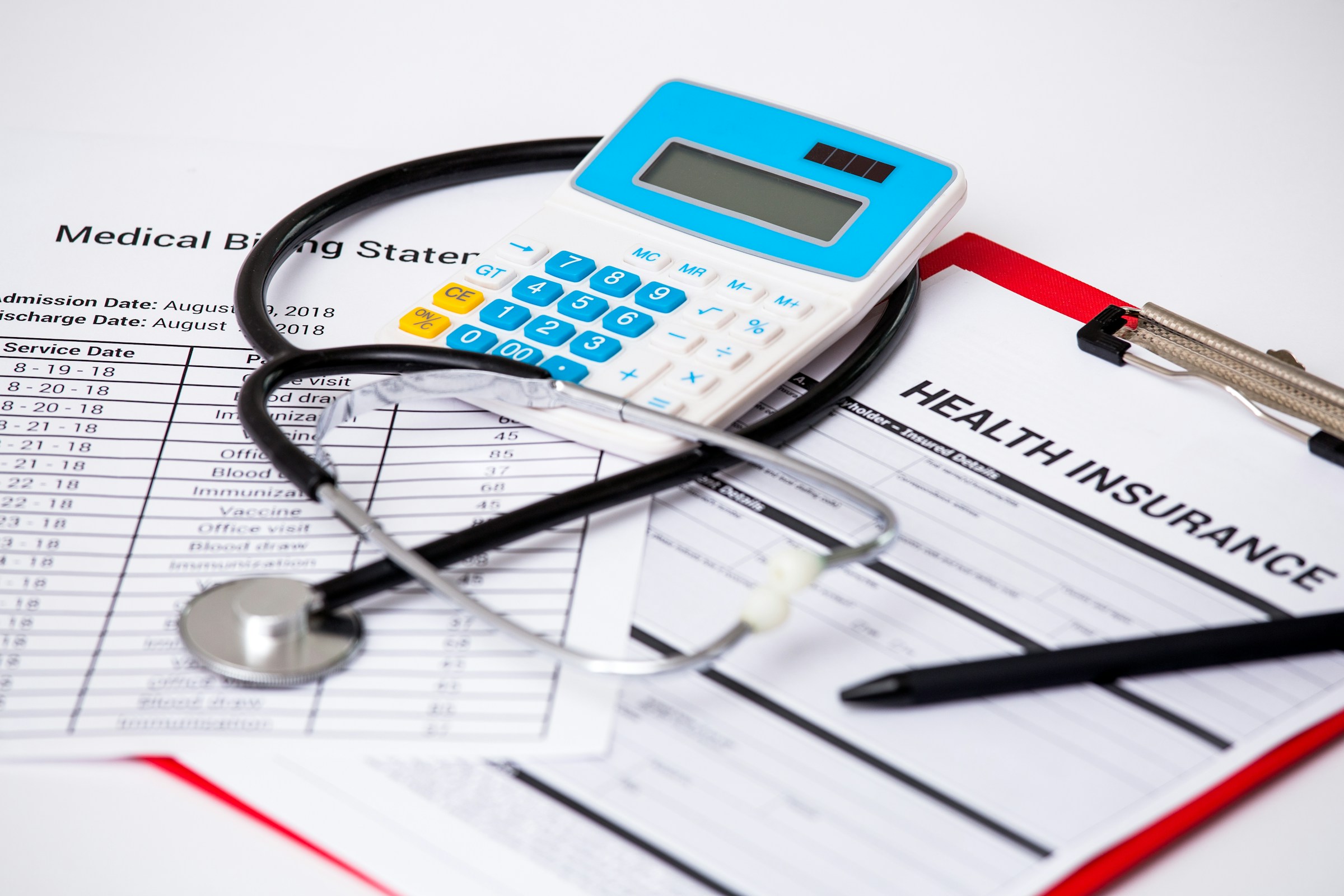
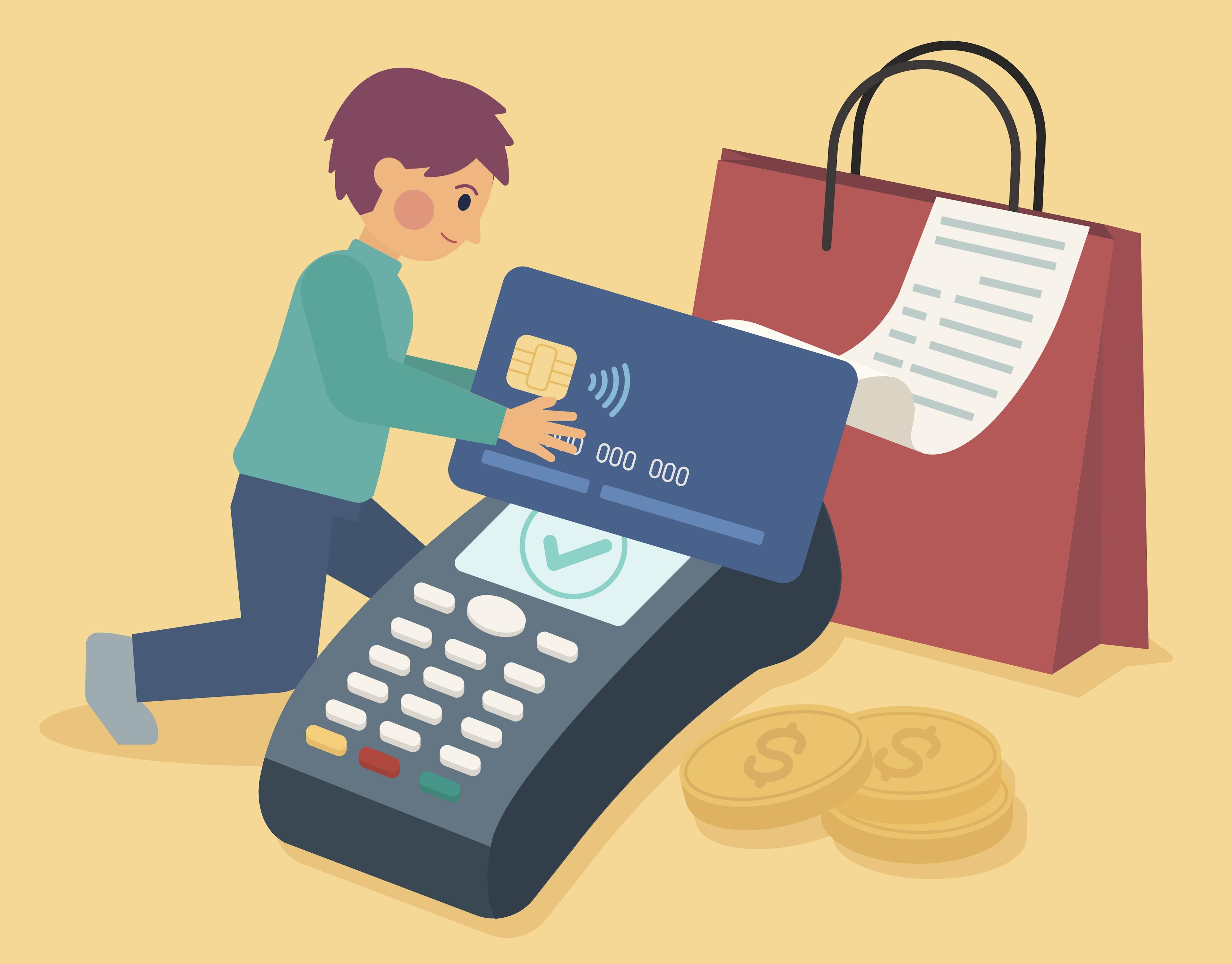
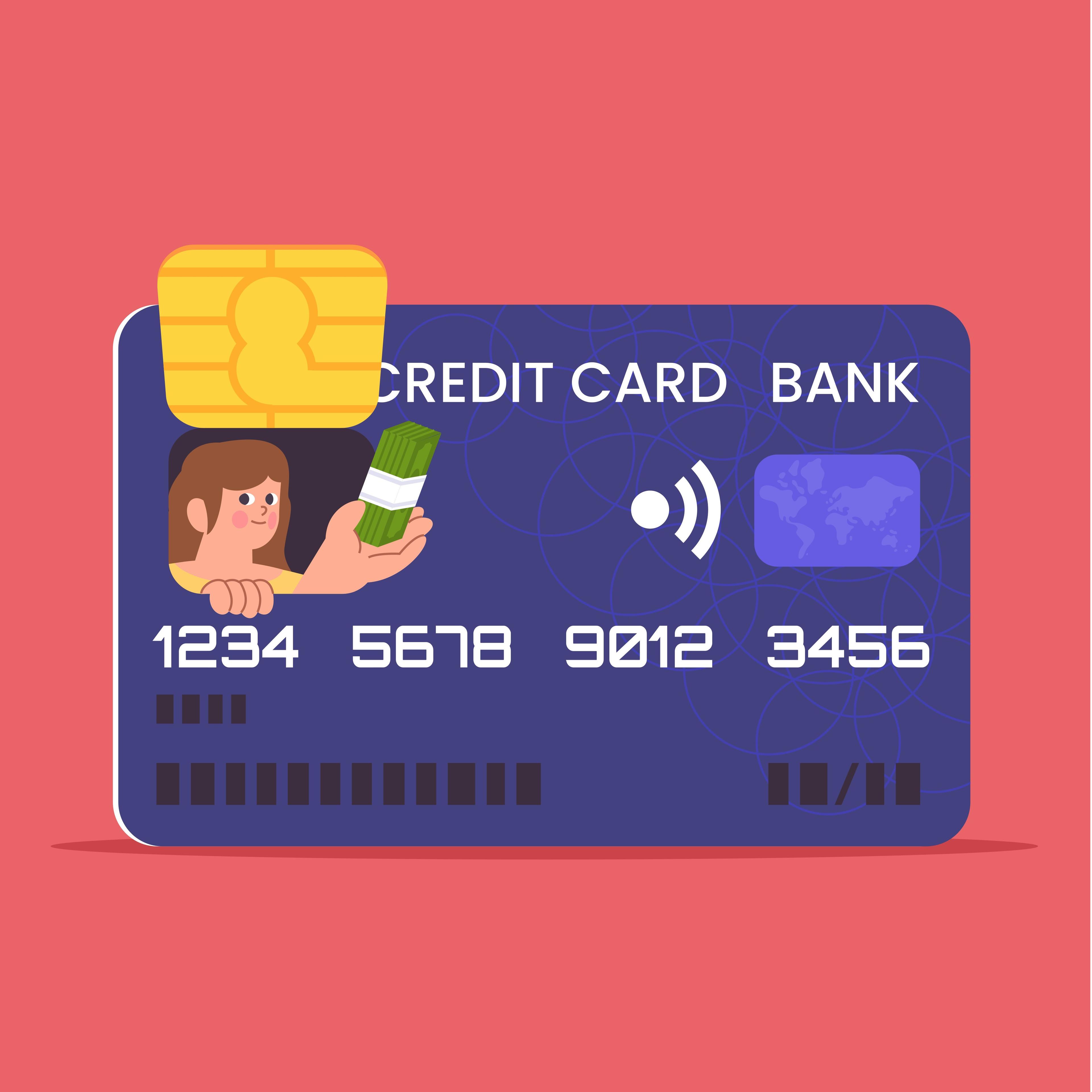
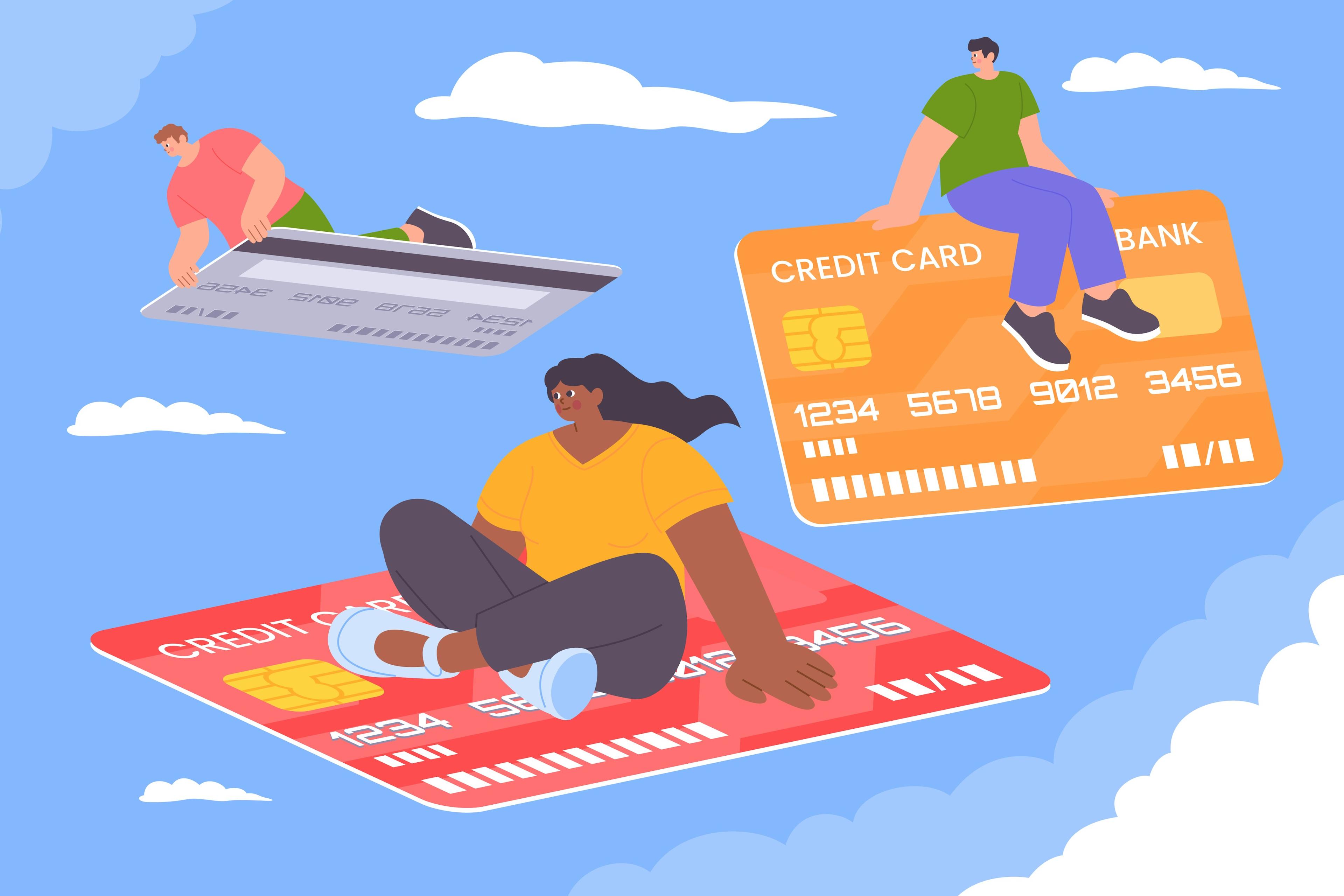
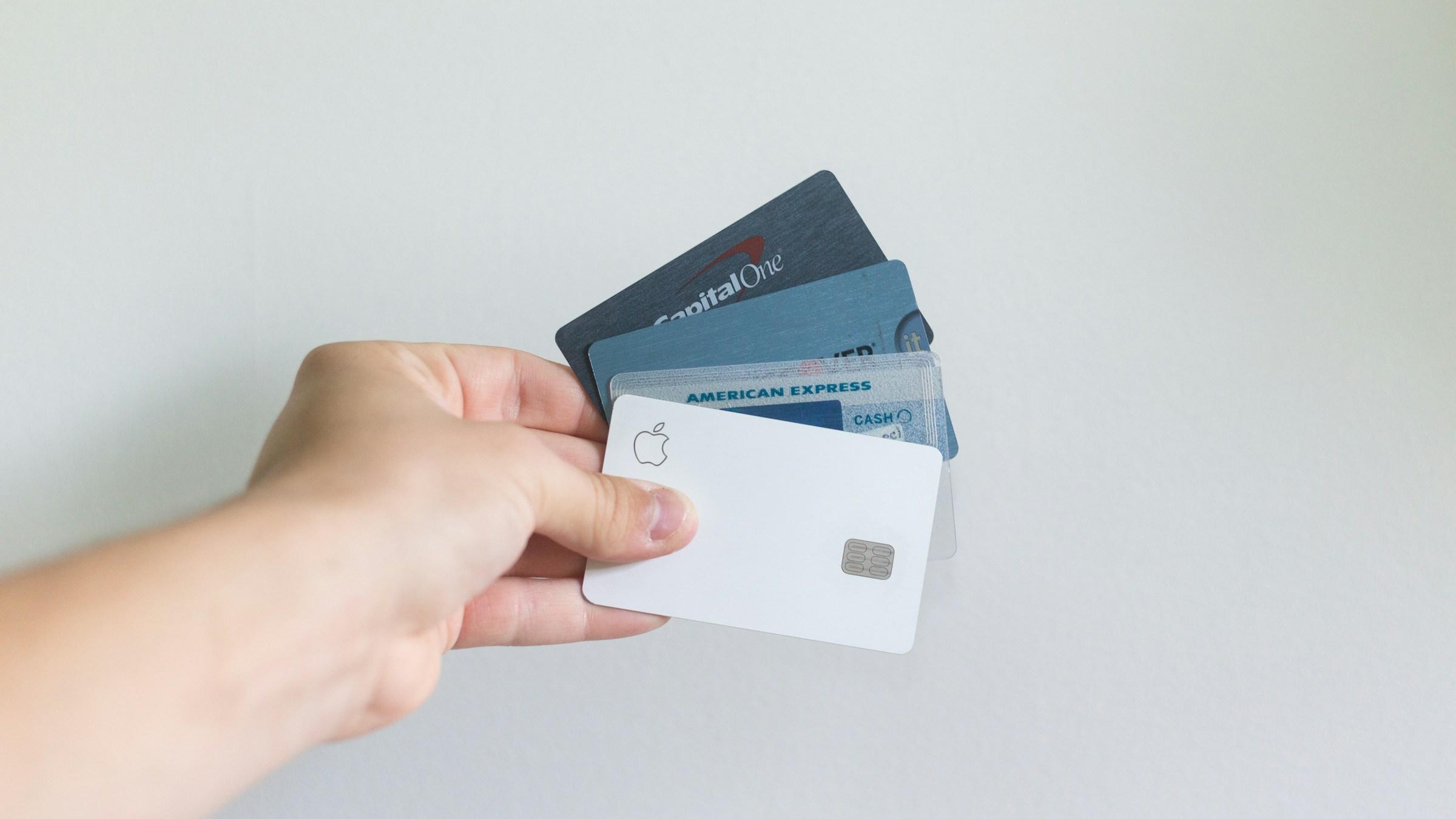

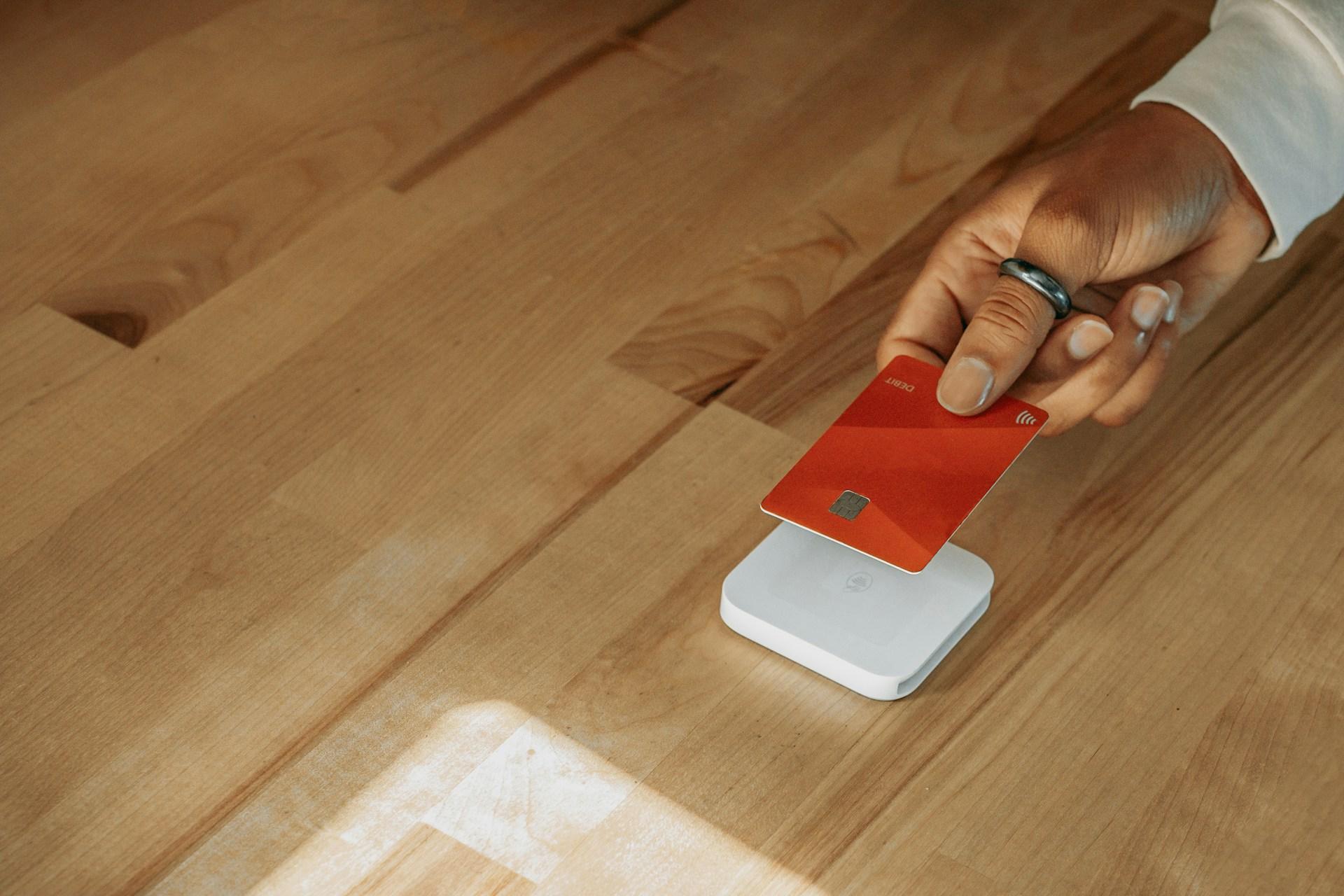


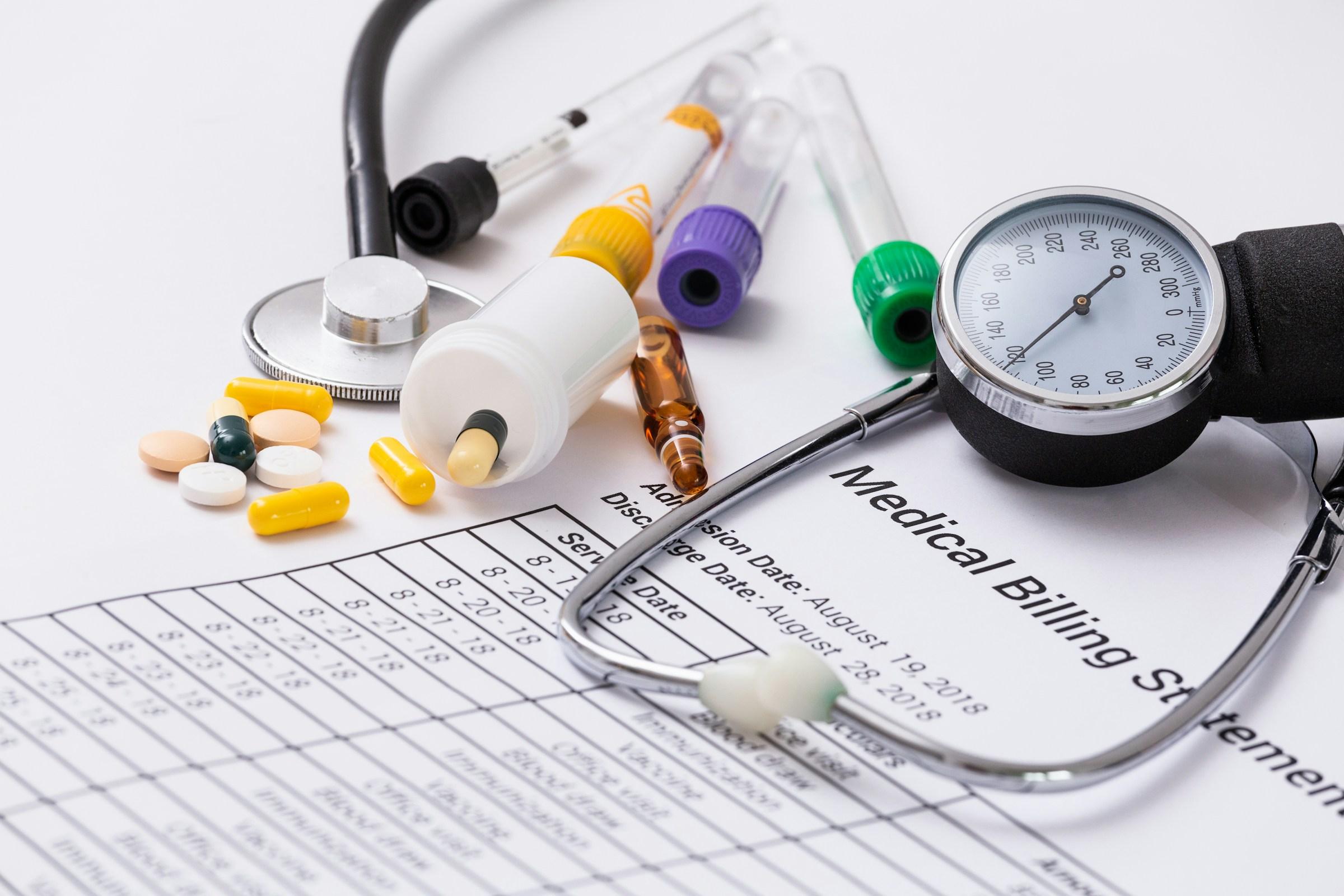

.jpg&w=3840&q=75)